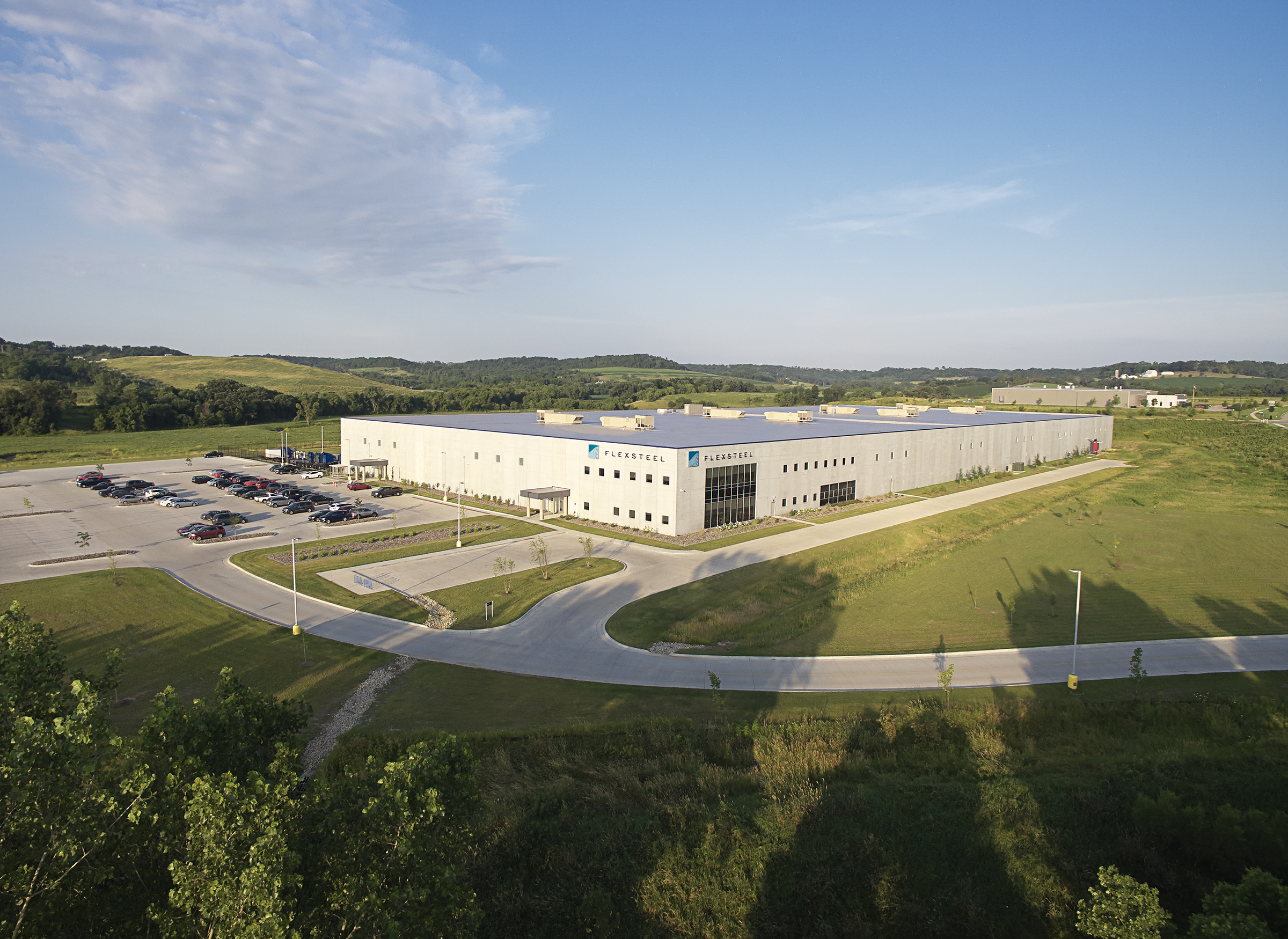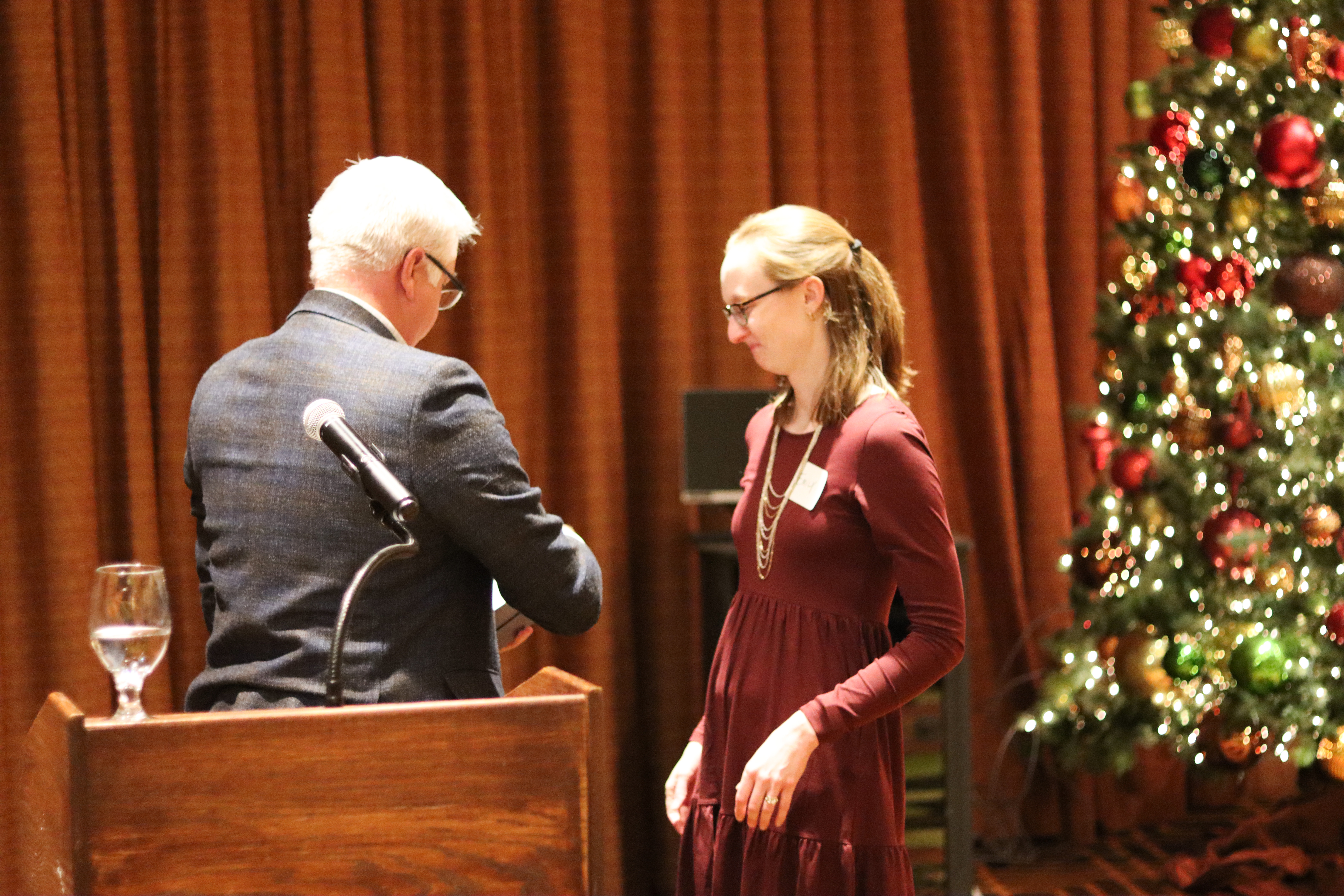Frequently at the start of a building design, structural engineers are asked, “Is a geotechnical investigation truly a necessary expense?”
In short, the geotechnical work is not where you want to cut corners in an effort to save a few bucks. Geotechnical investigations have a direct impact on the cost of a building’s foundation system. They also can increase the likelihood of change orders during the construction process.
How It Works
Often the architect or structural engineer on a project will assist the owner in soliciting proposals from qualified geotechnical consultants on their behalf. The structural engineer provides information to the geotechnical engineer pertaining to loads and construction types of the proposed building, which allows them to get the most out of their investigation.
Planning for the proper foundation system up front, based on the soil conditions discovered during the investigation, is critical to both an efficient design and construction process. It’s important that the geotechnical engineer works with the design team early on in the process. Cracked concrete, brick, and masonry; sloping floors; and leaking walls or roofs may threaten a new building if constructed on soils that are not suitable for the loads being imposed.
Being Proactive
The cost to fix a building with settlement issues, or other problems that can be caused by less than ideal soil conditions, is far higher than the cost of doing a geotechnical investigation up front. The information gained from the testing will give the design team what they need to provide a quality design to ensure the long-term success of your building project.















